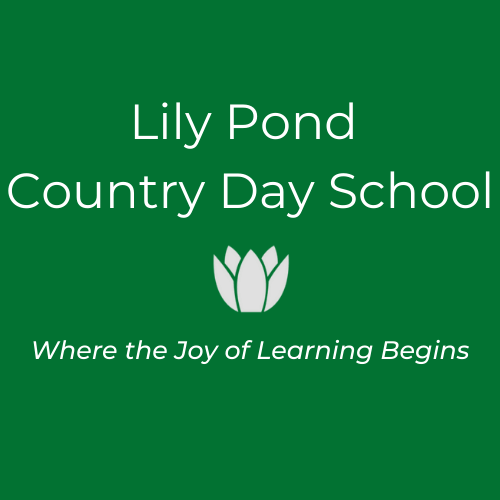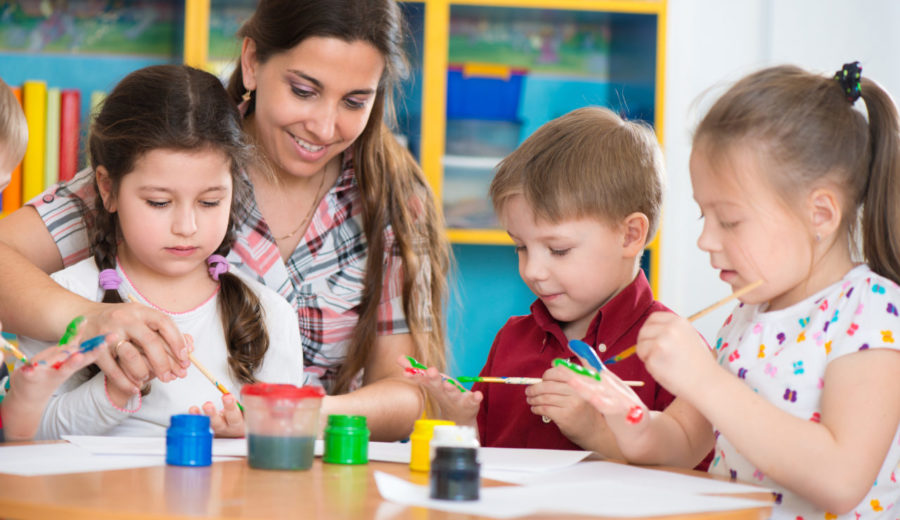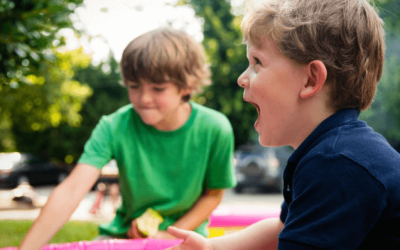As a parent, you may already understand that a quality preschool program can set your child up for success. Considering that in a review of three separate studies, 80% of preschool children outperformed peers who did not participate in preschools for young children, this evidence alone may be enough to convince many families that preschool is the way to go. But because every preschool is different, it may be difficult to decide which program will provide the greatest benefits for your child.
What’s just as important to consider here is your child’s unique approach to life and learning. A top preschool near you may be highly regarded by countless parents, but the school’s philosophy and curriculum may not be the perfect match for your child’s needs. If the schedule is too rigorous without an added focus on creative play, for example, your child may not thrive. Conversely, a program that doesn’t offer enough of an academic focus might not allow your child to develop their grade school readiness.
That’s why we focus on an interdisciplinary approach to learning. What exactly is interdisciplinary learning? Interdisciplinary learning is a concept based around the fact that every child learns differently, and thus a well-rounded curriculum that incorporates multiple disciplines and learning styles at once provides the best opportunity for a child’s development. However, it is not limited to preschools for young children; it’s used in many elementary schools, middle schools, high schools, and colleges to forge connections between different subjects.
We understand that every child learns differently — and this should not be seen as a negative. It’s what makes our relationships and our lives so interesting! While some children learn best through auditory means, others require visual guidance or tactile experiences to grasp concepts. That’s why we’ve chosen to gear each of our classrooms towards a different learning style. This allows us to provide information using different techniques so that each child can have an opportunity to learn in their own unique way.
Many activities promote learning in multiple disciplines at once. For example, music activities can also relate to math, social studies, language arts, and more. A science lesson that takes place outside can promote physical movement, history, reading comprehension, and more. Understanding how technology can connect to language or how dramatic play can promote healthy social habits may not be something your children recognize in the moment — but you’ll likely notice it in their skill development and in their love for learning.
We focus on physical, emotional, social, and intellectual development in our preschool program, just as many preschools for young children do. But we also aim to provide equal opportunities for all children to learn in a variety of ways. By focusing on several different teaching techniques and making those pivotal connections between disciplines, we’re able to provide a well-rounded preschool experience for our amazing students. To find out more information, please contact us today.




